Bosch makes electromobility versatile like no other company: from e-bikes to construction machines, from silicon carbide chips to pre-integrated e-axle modules. In this field, the Teutonic factory is growing twice as fast as the market. This year the company will generate over 1 billion euros in turnover and by 2025 it expects to reach 5 billion.
“Electromobility will become a core business for us and CO2-free mobility will be a growth area. We are turning challenges into opportunities – this is how we do things at Bosch, ”said Volkmar Denner, CEO of Bosch, at the IAA Mobility 2021 in Munich.
These growth areas also include autonomous driving: driver assistance is the basis for all levels of autonomous driving. Also in this field, with 40%, Bosch is leading and growing faster than the market. The good positioning of the company in the electromobility sectors and of the robot guide is helping the company to establish itself successfully in a market context marked by the situation of the last eighteen months, the lack of chips and the even faster transformation in the sphere of mobility: Mobility Solutions business sales revenue will grow 10% this year.
Bosch and electromobility: present and future
To date, Bosch has invested over 5 billion euros in electromobility and will add another 700 million euros this year alone. Bosch sees itself as a proactive company in building the mobility of the future. “We are preparing for the growing demand for electric vehicles around the world. We expect 60% of all newly registered vehicles in the world to be electric in 2035 “said Stefan Hartung, member of the board and president of the Mobility Solutions sector.
Even the se-bike sector it was and will be particularly important. “We see mobility that is increasingly environmentally friendly, but also accessible and attractive, not least in light of the ambitious goals set by the EU,” Denner added. To achieve this, Bosch continues to pursue a technologically neutral approach, offering climate-friendly solutions around the world for all types of mobility, in line with the requirements of different countries. Bosch is investing not only in battery electric powertrains but also in fuel cell powertrains and is involved in customer projects in Europe, China and the United States.
Bosch technology helps simplify new forms of mobility. When driving electric, charging plays a decisive role. At the Munich motor show, Bosch premiered a new flexible charging cable for electric cars. It features built-in control and safety technology and type 2 and household plug adapters. Even when charging with a 230-volt power outlet, it can do without the usual control box, which means it weighs less than three kilograms, about 40% less than conventional charging cables. And to relieve drivers of the hassle of finding a place to recharge their vehicle while traveling, Bosch’s web-based charging service offers access to over 200,000 charging points in Europe, including hassle-free payment and billing.
Autonomous driving
Control unit, sensors, artificial intelligence: Bosch has all the components of the robot guide in its portfolio with 5,000 engineers working at all stages and levels. Among these elements are improved assistance functions that allow drivers to take their hands off the wheel. Driverless driving functions are also already possible thanks to Bosch. “With pilot projects for the autonomous parking service, Bosch has set new standards in Germany and the United States,” said Denner. Bosch is already working with Mercedes-Benz and other partners to implement this feature in the P6 car park at Stuttgart Airport.
The new Mercedes-Benz S-Class is the world’s first production vehicle with the necessary technology on board. Bosch is equipping the car park with fixed-mount cameras so that vehicles can reach the reserved seat without a driver via smartphone controls.
Another 1,000 parking spaces will follow by 2025. With all comfort benefits, Bosch sees driving automation primarily as a development that can bring greater safety to road traffic. As a pioneer, Bosch has brought numerous innovative safety systems to the market and continues to pursue the goal of accident-free driving. At the same time, the company provides the necessary intelligence on board with new software.
Integration and development
Vehicles are increasingly turning into connected objects. In the future, the software will be as important as the performance or efficiency of the powertrain. Bosch is actively shaping this change. Almost half of the R&D contributors are software engineers.
Even the bicycle was not spared from the transformation, as evidenced by the new Bosch eBike Flow app which allows, for example, to update the software in the components. In addition, software integration is becoming more and more important: here too, Bosch has the necessary skills.
Infotainment systems, for example, can be a reference: by 2025, their computing power and complexity will double. Bosch ensures that the various software modules work reliably with each other. And when it comes to connectivity, the company’s ideas go far beyond vehicles. “Bosch is not only a supplier for cars, but also knows how to get around in the factory and in the home. Like no other company, we can connect different domains to each other “Hartung pointed out. Since April this year, the Mercedes-Benz models with the MBUX voice assistant have also been a command center for Bosch smart-home applications.
From the driver’s seat, a voice command is sufficient to contact the smart home and for example turn off the lights, open the shutters and control the heating. All of this shows that Bosch technology is paving the way for sustainable, safe and exciting mobility.






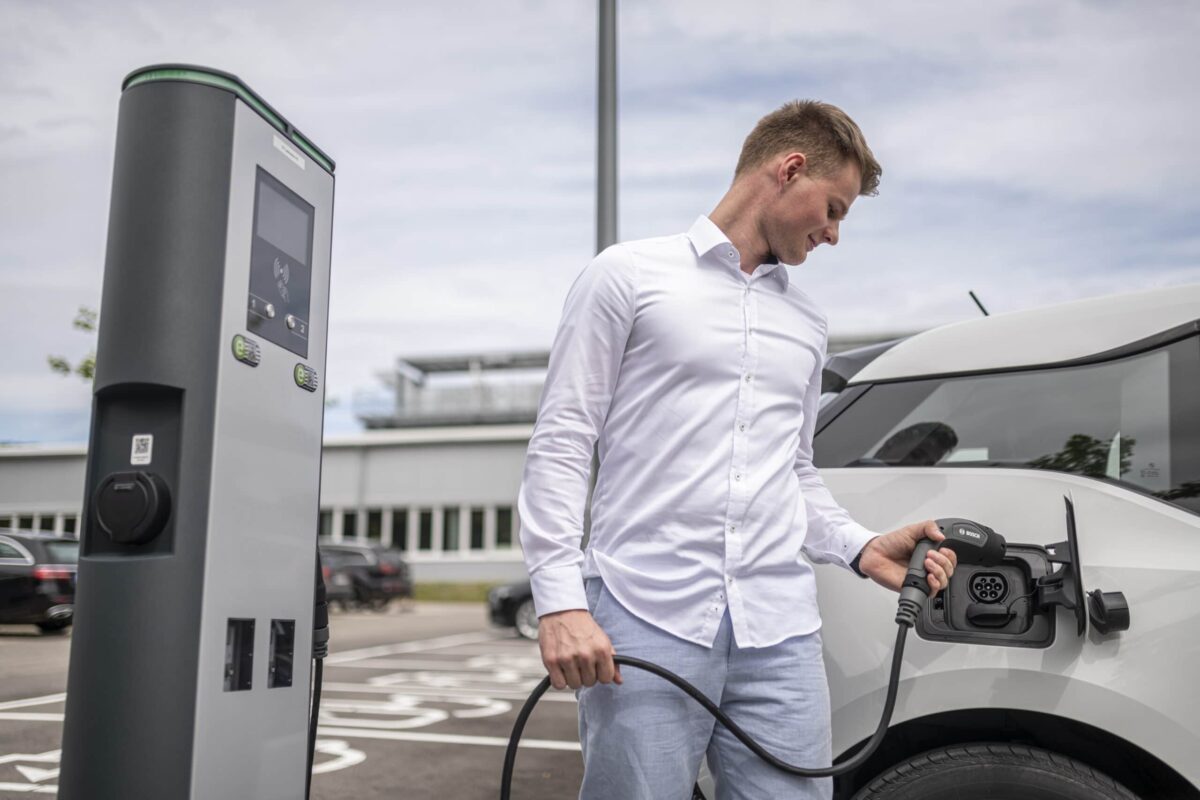





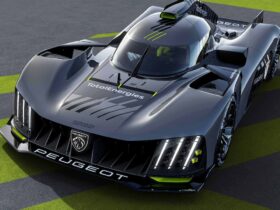
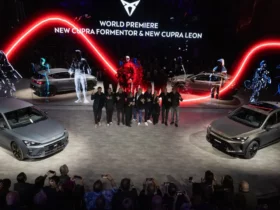
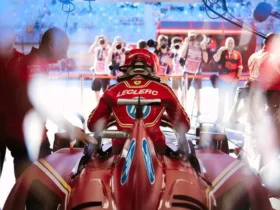
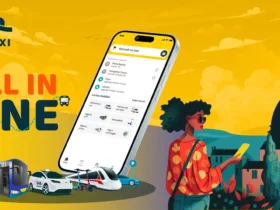
Leave a Reply
View Comments